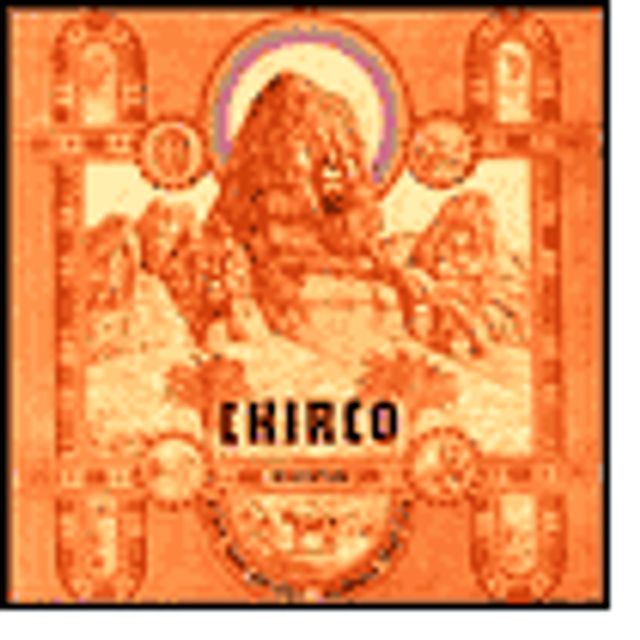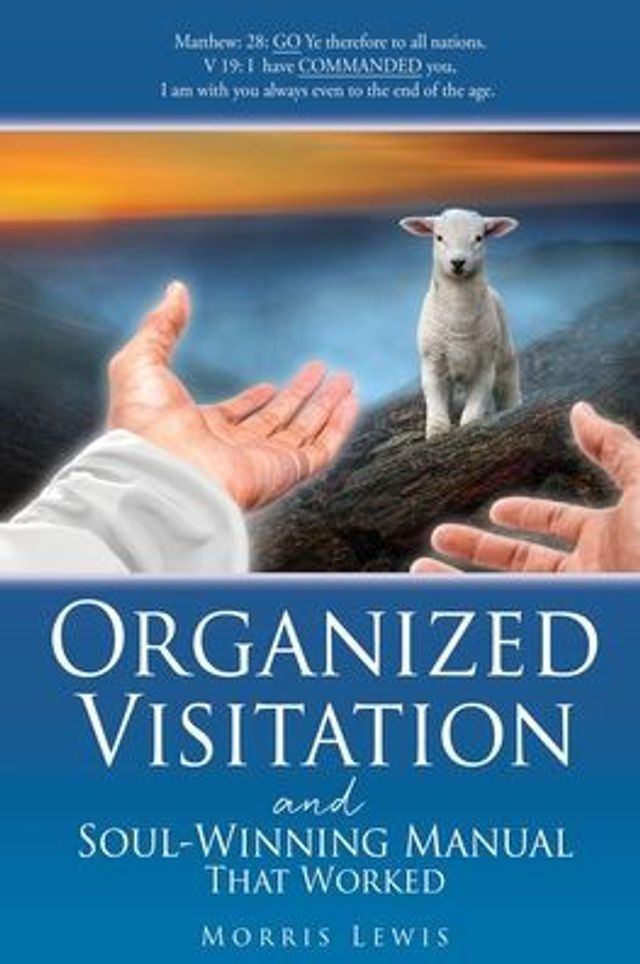Home
Visitation
Barnes and Noble
Visitation
Current price: $25.00


Barnes and Noble
Visitation
Current price: $25.00
Size: OS
Loading Inventory...
*Product information may vary - to confirm product availability, pricing, shipping and return information please contact Barnes and Noble
John Glowney's debut poetry collection constitutes a report on the trials of contemporary life, a document of "visitation" in both senses.
"Honesty is what we demand," John Glowney declares in the poem"Proof of Life," and throughout his debut collection Visitation it is honesty that he delivers, hard truths about contemporary life that arrive in burning, burnished words. At the outset he defines visitation as "a special dispensation of divine favor or wrath / a severe trial / an official visit for inspection or supervision", and his poems indeed constitute an inspection and document of wrath and trials (and even some moments of favor), of a universe broken from the beginning that nevertheless gives us life, the "total stranger" to which we owe everything. In the title poem that closes the volume, Glowney observes his neighbor taking out the garbage at night, a "working-class / Santa" in underwear and flip-flops who is a "great and unknowable and terrible" god for the creatures who depend on his trash for sustenance, who has "risen anyway / from his tv and his bag of potato chips / as if he understood the role of a god / is to atone for his long absences." There are glimpse of such atonement throughout these poems, and they are sustenance indeed.
Poetry.
"Honesty is what we demand," John Glowney declares in the poem"Proof of Life," and throughout his debut collection Visitation it is honesty that he delivers, hard truths about contemporary life that arrive in burning, burnished words. At the outset he defines visitation as "a special dispensation of divine favor or wrath / a severe trial / an official visit for inspection or supervision", and his poems indeed constitute an inspection and document of wrath and trials (and even some moments of favor), of a universe broken from the beginning that nevertheless gives us life, the "total stranger" to which we owe everything. In the title poem that closes the volume, Glowney observes his neighbor taking out the garbage at night, a "working-class / Santa" in underwear and flip-flops who is a "great and unknowable and terrible" god for the creatures who depend on his trash for sustenance, who has "risen anyway / from his tv and his bag of potato chips / as if he understood the role of a god / is to atone for his long absences." There are glimpse of such atonement throughout these poems, and they are sustenance indeed.
Poetry.


















